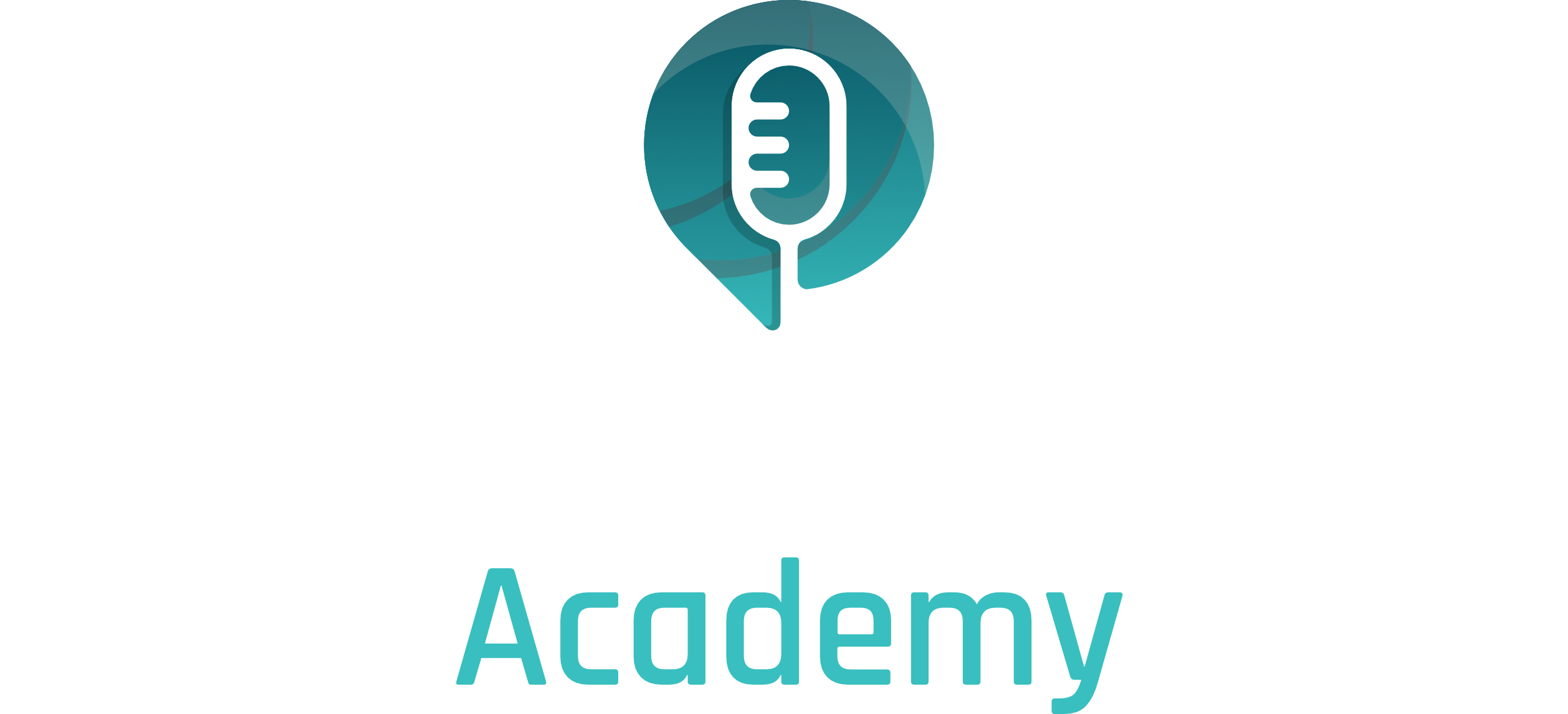(Article to come with the testimony of a marketing director in a technology company)
Marketing in technology must be practised, whether or not it is called that, whether or not there is a marketing department or a marketing department. See also the article on “techno-marketing”. But what exactly are we talking about when we speak of “technology marketing” or “techno-marketing”?
Technology marketing or techno-marketing
Specific markets
First of all, we are talking about markets that are not those of the general public. Whereas B2C marketing is concerned with the consumer as a buyer (or influencer) in dimensions that make a large place for the emotional aspect that advertising will exploit, technological marketing applies to markets:
- Which are sometimes complex ecosystems.
- They are made up not of consumers but of customers whose decision-making processes are both often longer and largely more rational, although the emotional side is far from absent. At the same time, they are often made up of customers of very different sizes, ranging from very small businesses to very large groups that are much more powerful than the supplier. These are therefore by definition B2B or B2G markets for which the practices of “classic” B2B marketing are now fairly well known.
- Which add to the B2B/B2G dimension a dimension of very high technological content of the products and services (sometimes developed jointly with the customers) which impacts the whole organisation of the company.
- Which are frequently markets that add a “project market” (or “business”) dimension to the “product/service market” dimension.
This last point adds a particular complexity that makes these highly technological “product/project” markets the most complex in terms of marketing practice and organisation
Strategic and operational marketing
We then talk about types of marketing activities:
- The word marketing, whatever the sector of activity of the company, covers two types of activities: strategic marketing consists of defining its target market segments and collaborating with technology to develop products and offers. Operational marketing is about supporting the commercial activity with the most appropriate means of promotion and communication.
- Marketing can also be defined in terms of successive phases: a market and competitor analysis phase, a market/product strategy definition phase and an execution and adaptation phase over time.
- The separation between strategic and operational marketing remains relevant for technology companies, but in practice both aspects of marketing raise many issues related to their implementation.
Marketing management, department or service
Finally, we are talking about the scope of a marketing department or service. Unlike in B2C, the scope of a marketing department can vary greatly in a technology company:
- At one end of the spectrum, it may cover all strategic marketing activities including products as well as all operational marketing activities
- At the other end of the spectrum, it may be limited to aspects of ad hoc market research and operational marketing
- It may or may not include product development and product management, sometimes both of which are attached to strategy or R&T
- It may or may not include business development
- It may or may not include corporate communication in addition to product communication
- It may or may not have budgets and resources
Marketing management in technology
With this in mind, let’s take a quick look at some of the major activities a technology marketing department can do.
These activities essentially consist of implementing the decisions of the overall strategy of the company or of a business unit as closely as possible to the field in terms of products, offers, markets and customers. Some of these activities may not be included in the scope of a marketing department but located elsewhere in the organisation:
- Study the market in general, market segments in particular, customer needs, product performance against competition, prices, etc.
- Define the market strategy: target segments, target customers, go to market
- Define and implement product strategy: product portfolio strategy, product trade-offs, product life cycle management
- Support the market strategy: brand strategy, promotion and communication to target markets, influencers, customer experience improvement, business opportunity detection
- Support product strategy: detailed definition of offers, promotion of products and offers, support to project capture, business development
- Centrally, set standards and processes to be applied to each of the above activities, e.g. the process of bringing a new product to market
We can see that the nature and actions of a marketing department in technology will largely depend on both the scope assigned to it, particularly in relation to technology, and the resources allocated to it by its general management.
They will also depend on the day-to-day priorities of the economic situation or the business, which may lead to a particular market, product or image issue becoming a priority.


